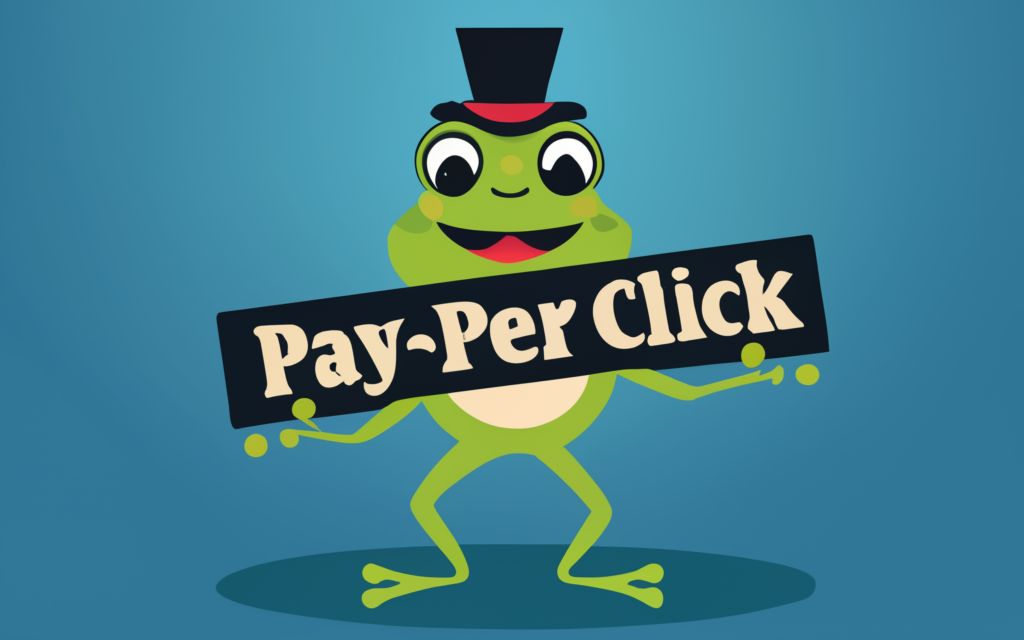PPC (Pay Per Click): Maximizing Your Digital Advertising ROI
In the fast-paced world of digital marketing, PPC (Pay Per Click) advertising stands out as one of the most effective and efficient ways to reach your target audience and drive measurable results. By paying only for the clicks your ads receive, PPC offers unparalleled control, flexibility, and accountability in your advertising efforts. In this article, we’ll explore the fundamentals of PPC advertising and how you can leverage it to maximize your digital advertising ROI.

Introduction to PPC Advertising
PPC advertising is a digital marketing model in which advertisers pay a fee each time their ad is clicked. Unlike traditional advertising models that charge a flat rate regardless of performance, PPC allows advertisers to bid on keywords relevant to their target audience and compete for ad placement in search engine results pages (SERPs) and other digital platforms. With PPC, advertisers have the ability to precisely target their ads to specific demographics, interests, and behaviors, ensuring that their message reaches the right audience at the right time.
Understanding the Basics of Pay Per Click
At its core, PPC operates on a simple premise: advertisers bid on keywords related to their products or services, and their ads are displayed to users who search for those keywords. When a user clicks on the ad, the advertiser pays a predetermined amount to the publisher (e.g., search engine or social media platform) hosting the ad. The cost per click (CPC) varies depending on factors such as keyword competitiveness, ad quality, and bidding strategy, with advertisers typically setting a budget to control their spending.
The Benefits of PPC Advertising
PPC advertising offers several key benefits for businesses looking to expand their online presence and drive traffic to their websites:
- Immediate Results: Unlike organic search engine optimization (SEO), which can take time to yield results, PPC campaigns can generate immediate traffic and visibility for your website.
- Targeted Reach: PPC allows advertisers to target their ads to specific geographic locations, demographics, interests, and behaviors, ensuring that their message reaches the most relevant audience.
- Measurable ROI: With PPC, advertisers can track and measure the performance of their campaigns in real-time, allowing them to optimize their strategy and maximize their return on investment (ROI).
- Cost Control: PPC offers flexible budgeting options, allowing advertisers to set daily or monthly spending limits and adjust their bids and budgets as needed to control costs.
- Brand Exposure: PPC ads appear at the top of search engine results pages (SERPs) and other prominent positions, providing valuable exposure and visibility for your brand.
Types of PPC Advertising Platforms
PPC advertising is available on a variety of platforms, each offering unique features and targeting options:
- Search Engine Advertising: Platforms like Google Ads and Bing Ads allow advertisers to display text ads alongside search results based on relevant keywords.
- Social Media Advertising: Social media platforms such as Facebook, Instagram, Twitter, and LinkedIn offer PPC advertising options that allow advertisers to target users based on demographics, interests, and behaviors.
- Display Advertising: Display networks like Google Display Network (GDN) and AdRoll enable advertisers to display visual ads on websites, blogs, and mobile apps relevant to their target audience.
- Remarketing: Remarketing platforms like Google Remarketing and Facebook Remarketing allow advertisers to target users who have previously visited their website or interacted with their brand.

Key Components of a Successful PPC Campaign
A successful PPC campaign requires careful planning, execution, and optimization. Some key components to consider include:
- Keyword Research: Identify relevant keywords and phrases that your target audience is likely to search for when looking for products or services similar to yours.
- Ad Copy: Write compelling ad copy that highlights your unique selling points, addresses customer pain points, and encourages users to take action.
- Landing Page Optimization: Create optimized landing pages that align with your ad messaging and provide a seamless user experience, driving conversions and maximizing ROI.
- Ad Extensions: Take advantage of ad extensions such as site links, callouts, and structured snippets to enhance your ads and provide additional information to users.





